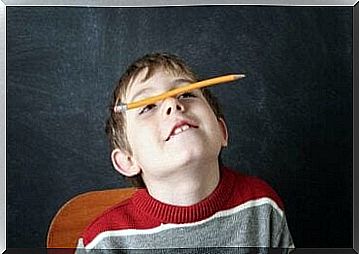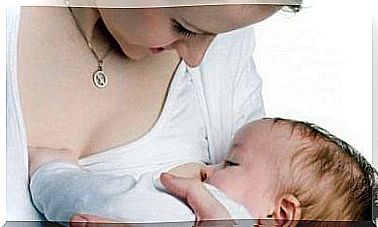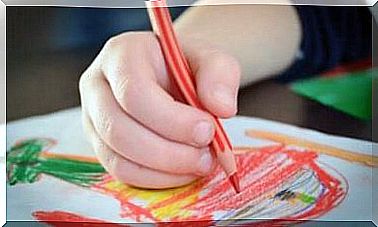Being The Mother Of A Child With Attention Difficulties – Being Parents

At the start of the 21st century, we are used to being constantly exposed to a multitude of information that is not always the most important in our life. The children of our society must also learn, from the first years of their life, to coexist with various stimuli which tend to capture their attention.
However, these stimuli can cause them to lose their ability to pay attention and concentrate. We can therefore think that it is more and more likely to be the mother of a child with attention difficulties.
Indeed, these mothers have to make an extra effort to be able to understand and support their child. They will have to look for information to properly meet all their needs.
What is attention deficit disorder and how can I help my child as a mother?
When a child has significant and constraining attention difficulties, they are said to have Attention Deficit Disorder (ADD-HD). It is actually a developmental disorder that is a pattern of persistent behavior characterized by inattention, disorganization, and the possible onset of hyperactivity and impulsivity.

The fifth edition of the Diagnostic and Statistical Manual of Mental Disorders (DSM-5) defines the criteria that characterize attention deficit disorder . The child should have at least six of the following symptoms of inattention. And this, for at least six months and frequently:
- He doesn’t pay enough attention to detail. He makes mistakes because he neglects his homework.
- The child has difficulty concentrating on his tasks or on his recreational or play activities.
- He doesn’t seem to be listening when spoken to directly.
- He doesn’t follow directions and finish his homework.
- The child has difficulty organizing his tasks and activities.
- He avoids, dislikes, or is not enthusiastic about undertaking tasks that require sustained mental effort.
- He loses the things necessary for the accomplishment of tasks or activities.
- The young person is easily distracted by irrelevant stimuli.
- He forgets or is careless in his daily activities.
Being the mother of a child with attention difficulties.
Nowadays there are many mothers who have children with attention difficulties, but there is no need to be overly alarmed. You just have to assume it and help the child in his daily life. To do this, we can put in place a series of simple educational and pedagogical strategies. Indeed, this will allow the child to face his problems and thus to achieve the good progress of the process of his development.
Some strategies to help your child
Difficulties with attention and disorganization can cause the child to be unable to complete homework. We often have the impression that he is not listening. In addition, he constantly loses his belongings and the items he needs. The following actions can thus influence the appearance of various problems. These include in particular:
- Learning.
- The behaviour.
- Social skills.
If you are a mother of a child who has difficulty with attention, you should help her alleviate these problems by following a series of strategies, such as those described below.

On the one hand, the main and fundamental measure to be taken is to create a structured and orderly environment at home. Thus, the child will be able to establish schedules and routines. On the other hand, it is necessary to provide him with games and activities that stimulate his concentration, such as:
- Puzzles.
- Tales.
- Mazes.
- Construction cubes.
- Mixed words
Clear and direct communication
Likewise, when speaking to him, asking for something or giving him an instruction, we must communicate clearly and directly. That is why it is good to:
- Call the child by name when he is near and address him, looking him in the eyes and in a gentle tone.
- Explain the instructions clearly and precisely. If necessary, ask him to repeat what has been said. This makes it possible to verify that he has understood it correctly.
- Use short, direct sentences. Also, give one instruction after another, without contradicting yourself.
- Finally, maintain a safe distance. Plus, avoid physical contact when making a request.
Finally, it should be noted that when the child performs his tasks and behaves well, it is very important to apply positive reinforcement through flattery, hugs, kisses or any emotional gesture. This way the child will feel satisfied and will likely repeat the desired behaviors.









